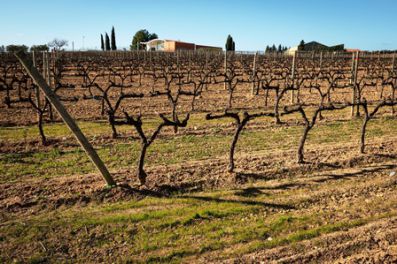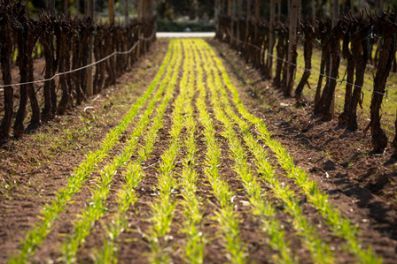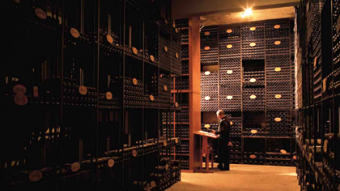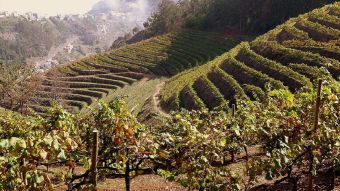Jean Leon and CREAF collaborate on a study on carbon sequestration in the vineyard
The trial will make it possible to quantify the assimilation of atmospheric CO2 in the soil based on cover crop type.
Jean Leon is collaborating with the Ecological and Forestry Applications Research Centre (CREAF) to determine the potential of vineyard soil to absorb atmospheric CO2 and contribute to keeping the climate emergency in check. This three-year carbon sequestration study is being conducted in one of Jean Leon’s organic vineyards, located in the municipality of Torrelavit in the Penedès region. It aims to establish the type of cover crop that will allow retaining a larger amount of carbon in the soil.
The project began this year with the sowing of four different plant species belonging to the grass and legume families, between the rows and around the vines in an area measuring half a hectare. CREAF is responsible for the sampling and analyses needed to determine the concentration of soil carbon before and after the annual sowing of the cover crops, while Jean Leon handles the agricultural tasks of sowing and vineyard management.
 As Jordi Sardans, a researcher at CREAF and the study coordinator explains: “Using the vineyard soil as a tool for accumulating CO2 is a great opportunity to reduce the CO2 concentration of the atmosphere. Also, this solution isn’t just limited to vine-growing but can be used in any kind of cultivation, and it brings with it an increase in the soil quality.”
As Jordi Sardans, a researcher at CREAF and the study coordinator explains: “Using the vineyard soil as a tool for accumulating CO2 is a great opportunity to reduce the CO2 concentration of the atmosphere. Also, this solution isn’t just limited to vine-growing but can be used in any kind of cultivation, and it brings with it an increase in the soil quality.”
For Mireia Torres, the director of Jean Leon: “Beyond the organic vine-growing we do at Jean Leon, at all of the Familia Torres wineries we work to reduce the CO2 generated by our activity, and we also want to help to effectively reduce anthropogenic CO2 concentrations by sequestering the carbon and storing it in stable soil structures.”
The study builds synergies with the European project “Interreg Sudoe Coopereplace” that Jean Leon and Familia Torres are taking part in. Together with the University of Lleida, they are conducting cover crop and mulch trials, as well as trials where alternative products to copper are applied with the global aim of promoting sustainability and biodiversity.
 Carbon farming: Key for reducing atmospheric CO2 levels
Carbon farming: Key for reducing atmospheric CO2 levels
Different studies show that crop soils can be a tool for accumulating atmospheric CO2 in the soil organically, thus contributing to slowing down the increase of this gas and, consequently, mitigating climate change. It is estimated that the carbon currently accumulated in the planet’s soil would amount to three times the carbon that is accumulated in all of the planet’s vegetation and twice what there is in the atmosphere.
Carbon farming has a very promising role in reducing the levels of atmospheric CO2. It includes a series of farming practices that have scientifically proven their efficacy, not only in terms of increasing carbon sequestration in soils and perennial crop structures but also in terms of enhancing biodiversity, soil structure, water retention capacity, etc.
Specifically, in the vineyard, the main carbon sequestration practices are the application of organic soil conditioners, the use of ground cover (natural or sown), and the incorporation of winter pruning and green pruning trimmings.




